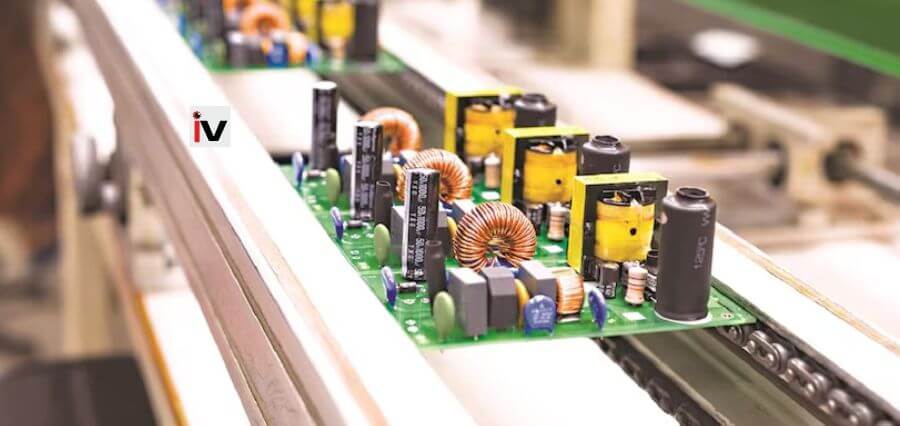The Indian government is bolstering its testing infrastructure for advanced chemical cells (ACC) as beneficiaries of the Production-Linked Incentive (PLI) scheme for ACC near the production stage. The Ministry of Heavy Industries (MHI) has instructed its automotive testing agencies, International Centre for Automotive Technology (iCAT) and Automotive Research Association of India (ARAI), to obtain accreditation from the National Accreditation Board for Testing and Calibration Laboratories (NABL) for testing cells produced under the ACC PLI.
The three beneficiaries of the ACC PLI scheme, Ola Electric Mobility, Rajesh Exports, and Reliance New Energy Ltd, are nearing their two-year deadline to commission their manufacturing facilities. The testing of ACC batteries is crucial to ensure safety, reliability, and performance. These tests include assessing electrical performance, cycle life, safety against overcharging and thermal runaway, environmental resilience, mechanical integrity, ageing, and performance under different conditions.
Currently, only one testing agency, Bharat Test House, is capable of testing such advanced cells. Once accreditation is obtained for iCAT and ARAI, the MHI is likely to bring more testing agencies like National Automotive Test Tracks (NATRAX) and Global Automotive Research Centre (GARC) on board. A workshop was held in April to identify issues related to testing of ACC, where representatives from various organizations participated to discuss challenges and suggest solutions.
The workshop aimed to identify challenges encountered in testing ACC, such as the time-consuming process of testing a single sample, which can span months due to the requirement of 5,000 cycles. Suggestions were solicited on expediting domestic cell production. The government is working to enhance its testing infrastructure to support the growth of the ACC industry in India.


2 comments
I don’t even know how I stopped up here,however I assumed this publish was good.
I don’t undeestand whoo you mught be but
certainly you are goinmg to a well-known blogger if
you happen to are not already. Cheers! https://hot-Fruits-glassi.blogspot.com/2025/08/hot-fruitsslot.html
Thank you for your sharing. I am worried that I lack creative ideas. It is your article that makes me full of hope. Thank you. But, I have a question, can you help me?